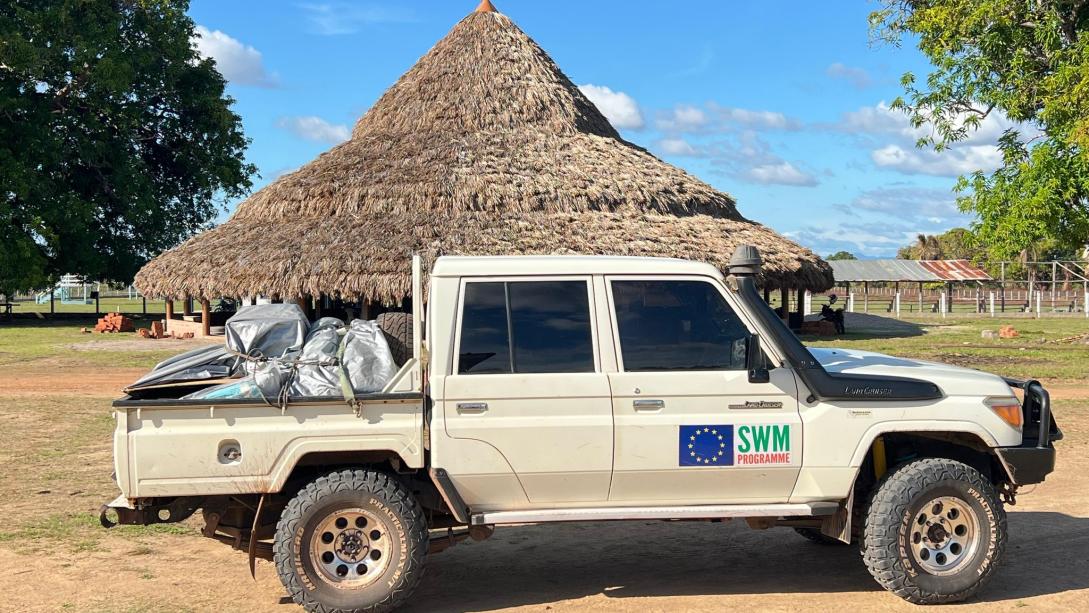Sustainable Wildlife Management Programme

The Sustainable Wildlife Management (SWM) Programme builds on previous efforts to integrate biodiversity conservation with community-driven wildlife management. Operating in multiple countries, including Guyana, the project aims to protect ecosystems while supporting the livelihoods of rural and Indigenous populations that rely on wildlife for food and income.
With a strong emphasis on sustainability, the initiative promotes legal and participatory wildlife use, ensuring that hunting practices do not threaten species survival. The project also seeks to reduce demand for bushmeat in urban areas by promoting alternative protein sources, such as sustainable agriculture and livestock farming. Additionally, it addresses public health concerns by identifying and mitigating zoonotic disease risks associated with wildlife consumption.
Implemented by the Food and Agriculture Organization (FAO), CIRAD, CIFOR, and the Wildlife Conservation Society (WCS), this project supports over 80 Indigenous and local communities across 15 countries. It aligns with key EU strategies, including the European Green Deal, the EU Biodiversity Strategy 2030, and NaturAfrica, reinforcing conservation efforts at a global scale.




